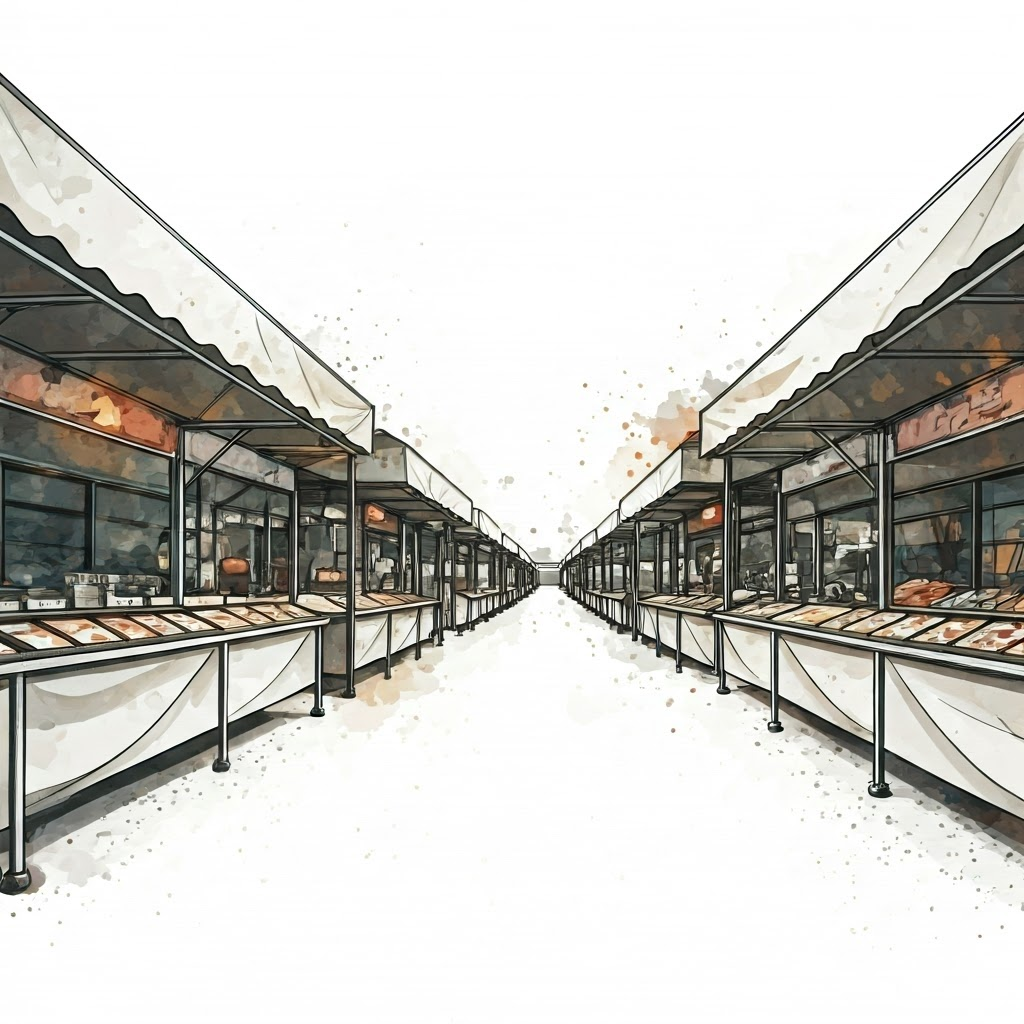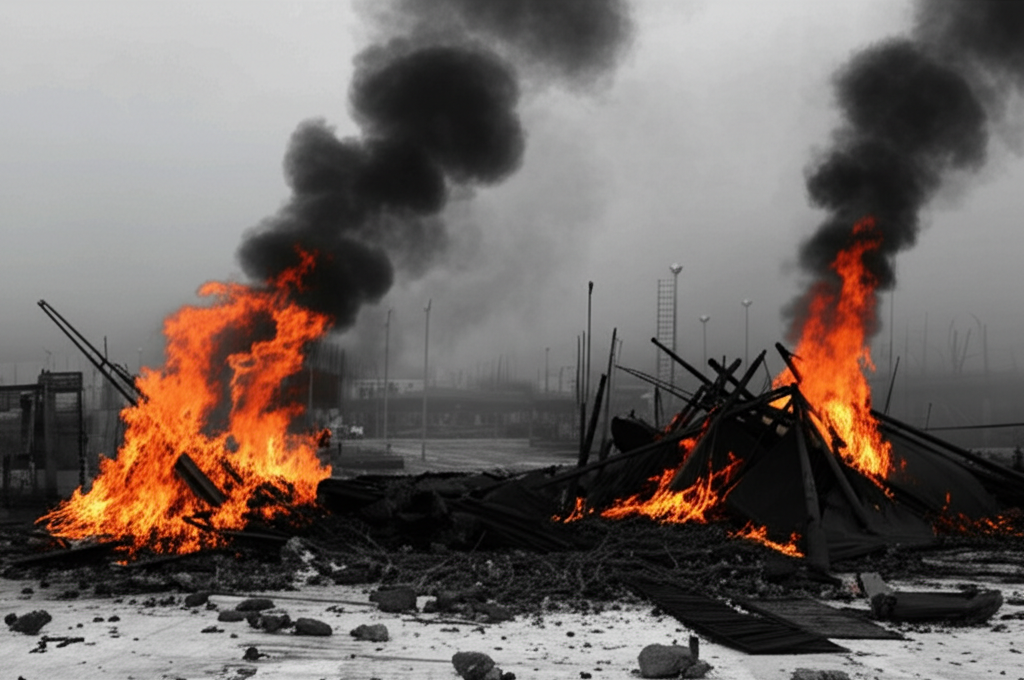President Bola Tinubu has made a bold statement amidst Nigeria’s escalating hunger crisis, declaring that he will not implement price controls on food commodities. Instead, he’s placing his bets on the free market, believing that the forces of supply and demand are the best way to stabilize the economy. This move comes as a surprise to many Nigerians who are struggling with the high cost of living. This article will examine this decision and its potential impacts.
Key Points:
- Tinubu rejects price controls to combat hunger crisis
- He believes in supply and demand
- Public outcry over rising food costs
- Stampedes during palliative distributions
Tinubu’s Stance: Market Forces Are the Answer
In a recent media chat in Lagos, President Tinubu made it clear: price controls are off the table. He stated, “I don’t believe in price control; I don’t.” Instead, he is focusing on ensuring a consistent supply of goods to the market, trusting that competition and the interplay of supply and demand will eventually lead to price stabilization. This position is a significant departure from some popular demands calling for government intervention to alleviate the burden of rising costs. Tinubu has essentially said that market dynamics will ultimately bring relief to consumers.
Why This is a Risky Strategy
While the principles of supply and demand are fundamental to a functioning market, critics worry that these forces may not act quickly enough to bring relief to families struggling with hunger. The president is banking on the idea that increased supply will reduce prices, but there is no guarantee of how long this process will take. It is also important to note that other factors can influence the prices of goods, such as transportation costs, currency fluctuations, and hoarding by unscrupulous individuals.
Public Reaction: Growing Concerns
The president’s statement comes at a time of widespread anger and desperation over the high cost of basic necessities. As reported by the Guardian, the distribution of palliatives in various locations has led to deadly stampedes, resulting in the tragic loss of over 60 lives. This shows the dire situation faced by many Nigerians and highlights the need for immediate solutions, and many are questioning whether the President’s approach will be effective in the short term. Many Nigerians are asking if the market forces will act quickly enough to prevent further disasters and bring immediate relief from the current situation.
What Does the Future Hold?
The path ahead is uncertain. The president’s bet on the market could potentially bring long-term stability, but it carries the risk of short-term suffering. Tinubu’s government will need to closely monitor the situation and be prepared to make necessary adjustments in response to market developments. It is also essential to look at measures that could provide immediate relief to struggling families while his long-term strategy is being implemented.
It is worth noting that Nigeria’s economy is complex, and there is no magic solution. This includes understanding that many people are struggling to put food on the table, and they are counting on the President to find a solution. Only time will tell if Tinubu’s strategy will work, but there is a pressing need to ensure that the most vulnerable members of society receive necessary support.





